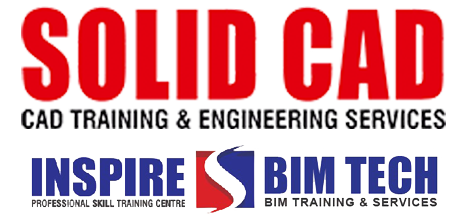
Inspire Courses » LOGISTICS
Logistics is generally the detailed organization and implementation of a complex operation. In a general business sense, logistics is the management of the flow of things between the point of origin and the point of consumption in order to meet requirements of customers or corporations. The resources managed in logistics can include physical items such as food, materials, animals, equipment, and liquids; as well as abstract items, such as time and information. The logistics of physical items usually involves the integration of informationflow, materialshandling, production, packaging, inventory, transportation, warehousing, and often security.Logistics management is the partof supplychain management that plans, implements,and controls the efficient, effective forward, and reverse flow and storage of goods, services, and related information between the point of origin and the point of consumption in order to meet customer's requirements. The complexity of logistics can be modeled, analyzed, visualized, and optimized by dedicated simulation software. The minimization of the use of resources is a common motivation in all logistics fields. A professional working in the field of logistics management is called a logistician. Workers in the logistics and supply chain management field make sure that goods and services get into the hands of consumers. The logistics industry is an important driver of economic growth and development. There are many different job titles in the logistics industry. Below are just a few:
- Analyst
- Consultant
- Customer Service Manager
- International Logistics Manager
- Inventory Control Manager
- Logistics Engineer
- Logistics Manager
- Logistics Services Salesperson
- Logistics Software Manager
- Materials Manager
- Production Manager
- Purchasing Manager
- Supply Chain Manager
- Systems Support Manager
- Transportation Manager
- Vendor Managed Inventory Coordinator
- Warehouse Operations Manager



